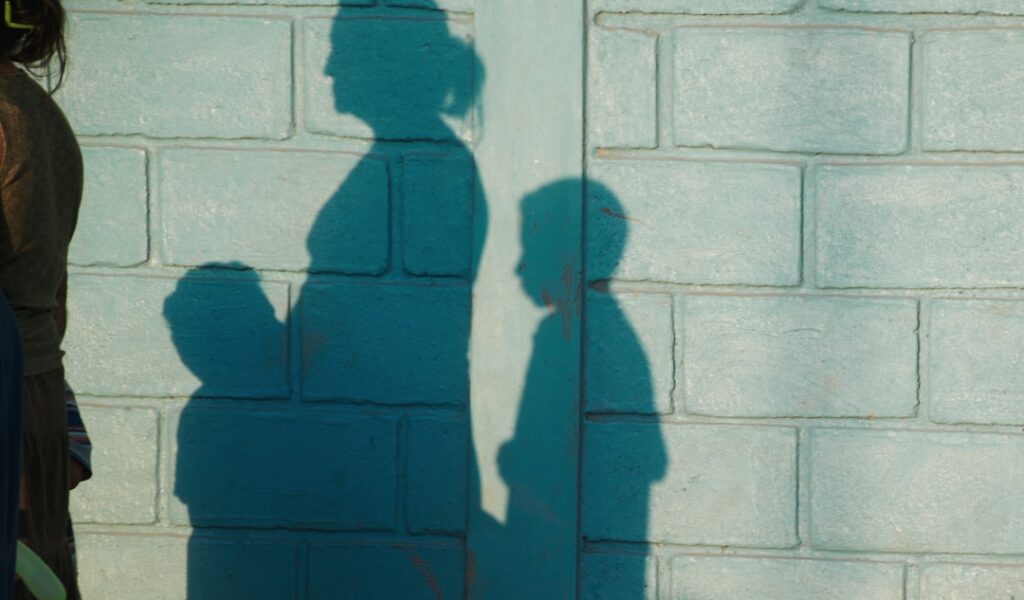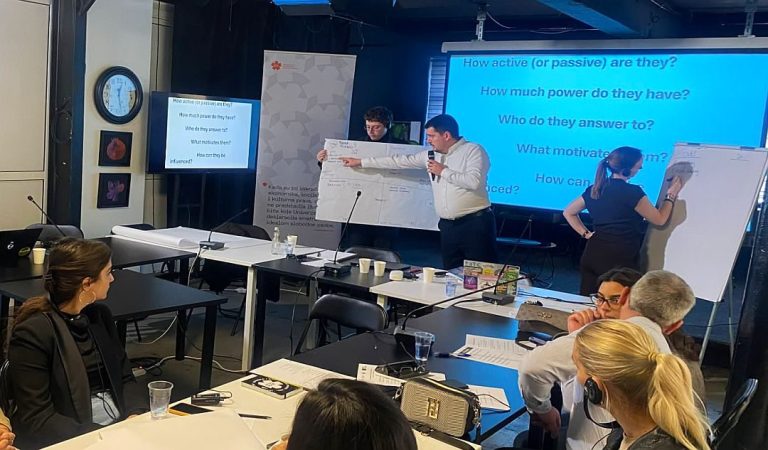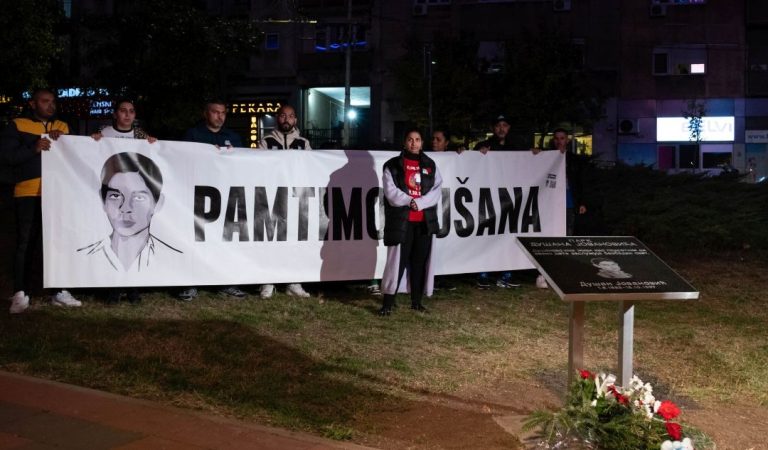A 11 – Initiative for Economic and Social Rights has submitted formal comments, as well as a letter to Minister Milica Đurđević Stamenkovski regarding the draft amendments to the Law on Financial Support for Families with Children, which was quietly presented to experts and the broader public during this summer vacation period.
We once again are in need to highlight the missed opportunity to amend sections of the law that directly impact the poorest families with children.
Specifically, Article 22 of the Law on Financial Support for Families with Children stipulates that parental allowance is granted for the first, second, third, and fourth child, and only exceptionally can it be granted for the fifth and subsequent children of higher birth order. Article 26 of this law stipulates that the child allowance is granted for the first, second, third, and fourth child in birth order in the family, and only exceptionally for the fifth and subsequent children. These provisions are problematic as they limit parental and child allowances to children of higher birth order.
Although Serbia, according to the latest 2022 census, has 5,516 families with more than four children, the results from the previous census suggest that at least a third of these families are of Roma nationality, and one-sixth of the families are illiterate. Statistics show that these families live under very poor conditions, yet the Law on Financial Support for Families with Children prevents them from accessing very needed support.
Another oversight is the opportunity to amend Article 25 of the Law on Financial Support for Families with Children, which makes vaccination and attending preparatory preschool programs, or regular primary school, a legal condition for receiving parental allowance.
While the intention of this law is clear – insisting on child immunization and early education – it is irresponsible to condition parents (primarily mothers) with these measures when it is well known that children from impoverished families do not have the same access to basic health care and education services as children from families with at least average incomes.
As emphasized by the A 11 Initiative in the letter to Minister Đurđević Stamenkovski, as well as in comments on the amendments to the law, in some cases the blame for these shortcomings lies with the parents’ actions, but often the problem is systemic.
The reasons why some children are not vaccinated and/or do not attend preparatory preschool programs or do not go to school regularly are typically present among the most socially vulnerable families, especially Roma families. Roma children mostly live in informal settlements, and their parents rely heavily – if not solely, on cash social assistance and informal labor, which are not sustainable living conditions.
UNDP research on Roma indicates that one in six marginalized Roma children of school age does not attend school, while data from UNICEF and the Republic Statistical Office from 2019 show that only 76% of children from Roma settlements attend preparatory preschool programs.
Vaccination coverage among Roma children is also lower, according to UNICEF data. Only one in three children has received all vaccines on time.
Finally, the government has failed to fulfill a crucial legal obligation in preparing these amendments, which is to conduct an assessment of the impact of regulations and policies on socio-economically vulnerable groups. Had the Ministry of Family Care and Demography fulfilled this obligation, it would have realized that for the last eight years, this law contains provisions that harm the most vulnerable citizens of Serbia, and that it’s missing another opportunity to correct this poor practice.
We expect that the relevant ministry takes this appeal very seriously and acts responsibly toward its citizens, especially those whose daily rights are already compromised.
In Belgrade, August 4, 2024



